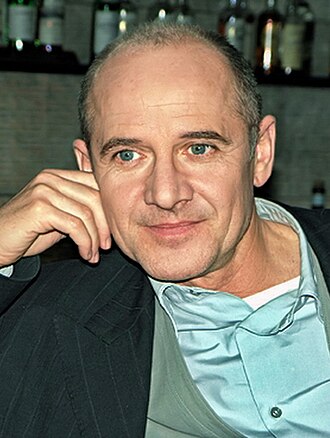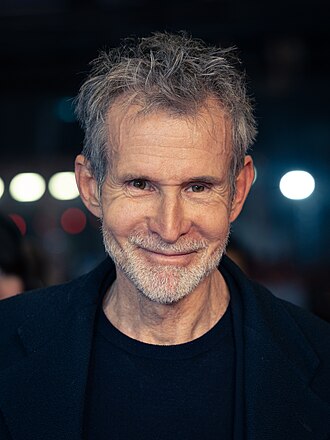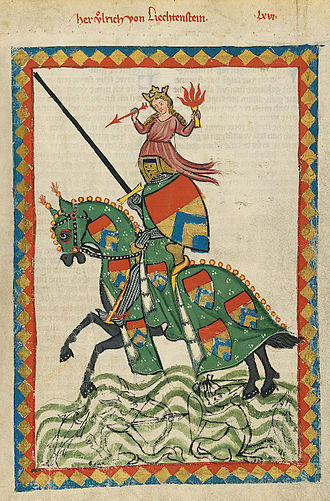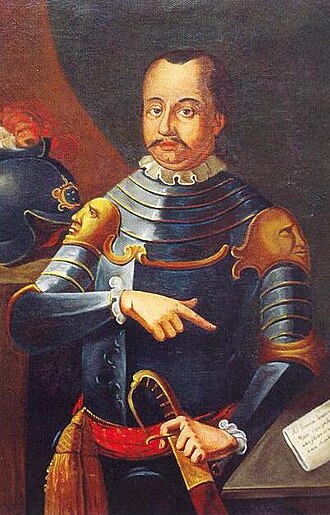Discover Your Roots
SIGN UPDiscover Your Roots
SIGN UPUlrich is a male name of German origin, meaning "Prosperity And Power." It is derived from Old High German Uodalrich, composed of "uodal," meaning "heritage," and "rih," meaning "king" or "ruler." This name has a rich historical significance, with two German saints bearing the name. It was popularized in reference to Saint Ulrich of Augsburg, who defended the city from attacks by Magyars. The name also has variants such as Oldřich in Czech and Slovak, Ulrik in Scandinavian languages, and Urh in Slovenian. Notable figures with the name Ulrich include Saint Ulrich of Augsburg and Swiss Reformer Ulrich Zwingli. Ulrich is prevalent in Germany and Switzerland, and it was also embraced by Protestant writers who Latinized it as Huldricus. In the United States, the name has historical ties to Pennsylvania due to German immigrant communities.

Friedrich Hans Ulrich Mühe, known for his remarkable performances in film, television, and theatre, was a highly talented German actor. He gained widespread recognition for his portrayal of Hauptmann Gerd Wiesler in the acclaimed film Das Leben der Anderen (The Lives of Others, 2006), earning prestigious awards for his exceptional portrayal. Mühe's early life saw him working as a construction worker and later as a border guard at the Berlin Wall before pursuing his passion for acting. He became a prominent figure in the East Berlin theater scene, delivering compelling performances in numerous plays, earning him a reputation as a star at the Deutsches Theater. Notably, he was actively involved in politics and played a pivotal role in denouncing Communist rule in East Germany. Following German reunification, Mühe continued to showcase his acting prowess in a diverse range of films, television programs, and theatre productions. He demonstrated his versatility by seamlessly transitioning between comic and serious roles, leaving a lasting impact on audiences both in Germany and internationally. Mühe's legacy as a talented actor endures, and his contributions to the entertainment industry continue to be celebrated.

Ulrich Matthes, born on May 9, 1959, is a renowned German actor, widely recognized for his compelling portrayal of Joseph Goebbels in the 2004 film "Downfall." Hailing from West Berlin, Matthes received his education at the Evangelisches Gymnasium zum Grauen Kloster and underwent acting training in Berlin under Else Bongers during the early 1980s. Notably, he lent his voice to Kenneth Branagh, in addition to being cast as Fr. Henri Kremer in "The Ninth Day" and participating on the jury that selected the winner of the Preis der Nationalgalerie in 2019.Matthes' exceptional talent has been celebrated with numerous accolades, including the Bavarian Film Award for Best Actor, the Goldene Kamera for Best German Actor, and the Officer's Cross of the Order of Merit of the Federal Republic of Germany. His versatile acting prowess has graced both film and television, with notable appearances in productions such as "Tatort," "The Bill," and "Das Boot."In a significant personal revelation, Matthes publicly came out as gay in February 2021. Furthermore, he was among the esteemed guests at the ceremony honoring former Chancellor Angela Merkel with the Grand Cross of the Order of Merit. For more insights into his illustrious career, one can explore Ulrich Matthes on IMDb.

Ulrich von Liechtenstein (c. 1200 – 26 January 1275) was a renowned German minnesinger, poet, and knight of the Middle Ages. Hailing from the influential Liechtenstein family in Styria, he authored notable works advocating for virtuous lives among knights and nobles. Ulrich's literary contributions, primarily in Middle High German, shed light on the chivalric ideals and courtly practices prevalent in Western Europe during his time. Notably, his work "Frauendienst" (Service of Ladies) portrays him as a protagonist undertaking noble deeds for married noblewomen, following the conventions of chaste courtly love. Ulrich's life, although veiled in some historical ambiguity, showcased his involvement in significant events, including his support for Philip of Sponheim and his role in the absorption of the duchy into the possessions of Rudolph of Habsburg. Ulrich von Liechtenstein's legacy extends to popular culture, with the protagonist of the film "A Knight's Tale" assuming his title. Despite the challenges in separating fact from stylized hyperbole in his autobiographical work, Ulrich's impact on literature and his portrayal of knightly virtues endure as a significant contribution to medieval cultural heritage.

Ulrich II of Celje, also known as Ulrich of Celje, was the last Princely Count of Celje, who held significant power and influence in 15th-century Europe. Born on February 16, 1406, Ulrich was the son of Count Frederick II of Celje and Elizabeth, a descendant of the Croatian House of Frankopan. Ulrich's marriage to Kantakuzina Katarina Branković, the daughter of Serbia's despot, further solidified his connections and influence in the region. He was raised to a Prince of the Empire by Emperor Sigismund of Luxembourg, leading to conflicts with the Austrian House of Habsburg but also alliances with influential figures such as King Albert II of Germany. Ulrich's involvement in the affairs of the Kingdom of Hungary and the Holy Roman Empire often led to feuds and power struggles, particularly with the Hunyadi family. He played a significant role in Hungarian politics, presiding over the coronation of Ladislaus the Posthumous and even effectively ruling Hungary. However, his life was cut short when he was killed under mysterious circumstances on November 9, 1456. With his death, the male line of the Counts of Celje came to an end. Ulrich's vast possessions, including numerous castles and territories across present-day Slovenia, Croatia, Bosnia, Austria, and Slovakia, were claimed by various parties, leading to a complex inheritance dispute. Despite his high

Ulrich von Jungingen (1360 – 15 July 1410) was the 26th Grand Master of the Teutonic Knights from 1407 to 1410. Born into the Swabian noble house of Jungingen, Ulrich and his elder brother Konrad von Jungingen took the vow of the Teutonic Knights and moved to the Order's State in Prussia. Ulrich's career flourished under the patronage of his brother, and he held various positions within the Order, including Komtur of Balga and Marshal of the Order. After the sudden death of his brother, Ulrich succeeded him as the Grand Master. His confrontational policy with the Grand Duchy of Lithuania and the Kingdom of Poland led to the Polish–Lithuanian–Teutonic War and culminated in the disastrous Battle of Grunwald, where Ulrich was killed in action. Ulrich's legacy has been depicted differently by various historical sources, with some portraying him as impulsive and aggressive, while others view him as a man of chivalric virtues who fell victim to the cunning of his enemies. The painting "Battle of Grunwald" by Jan Matejko and the novel "The Knights of the Cross" by Henryk Sienkiewicz have contributed to shaping his historical image.
All images displayed on this page are sourced from Wikipedia or Wikimedia Commons.We use these images under their respective Creative Commons or public domain licenses. Wherever applicable, author attributions and license information are provided. If you believe an image is used incorrectly or outside its license terms, please contact us so that we can review and correct the issue.